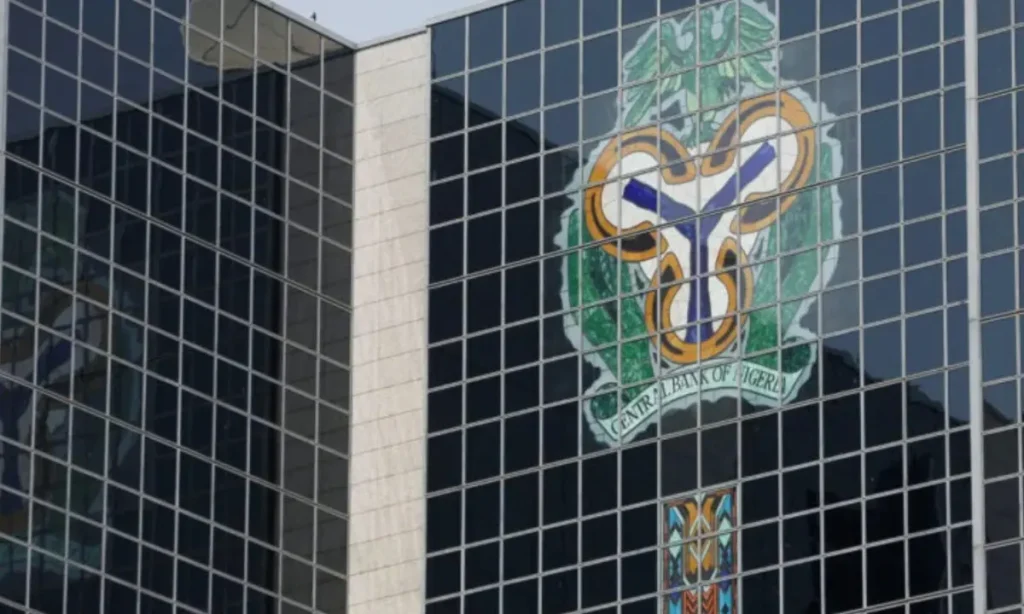France’s financial markets experienced a downturn on Monday following the resignation of Prime Minister Sebastien Lecornu, amidst the country’s deepening political turmoil. The Paris stock market, measured by the CAC 40 index, declined by 1.5 percent, with bank shares taking a significant hit due to their substantial holdings of French sovereign debt.
The yield on 10-year French government bonds surged to 3.61 percent before easing to 3.57 percent, indicating a rise in the country’s borrowing costs. This increase had a ripple effect on the banking sector, with shares in major banks such as BNP Paribas, Societe Generale, and Credit Agricole plummeting by over four percent, five percent, and four percent, respectively.
According to Alexandre Baradez, a market analyst at IG France, the decline in bank shares is directly attributed to Lecornu’s resignation, which has led investors to reassess their risk. The spread between French and German bonds, a key indicator of France’s credit risk compared to Germany, widened to 89 basis points, its highest point in nine months.
The resignation of Lecornu, who was appointed by President Emmanuel Macron just last month, has thrown the political arena into uncertainty. Investors are concerned about the potential domino effect on economic and fiscal policy, particularly with regards to the upcoming austerity budget for next year. Lecornu’s predecessors, Francois Bayrou and Michel Barnier, were ousted by the legislative chamber over the same spending plan, highlighting the challenges that lie ahead.
The current political climate in France is marked by deep divisions, with Lecornu’s cabinet facing fierce criticism across the political spectrum. As the country navigates this uncertain period, investors and analysts will be closely watching the developments and their potential impact on the economy. The surge in borrowing costs and the decline in bank shares serve as a reminder of the significance of political stability in maintaining investor confidence and a healthy economy.



